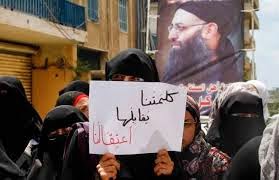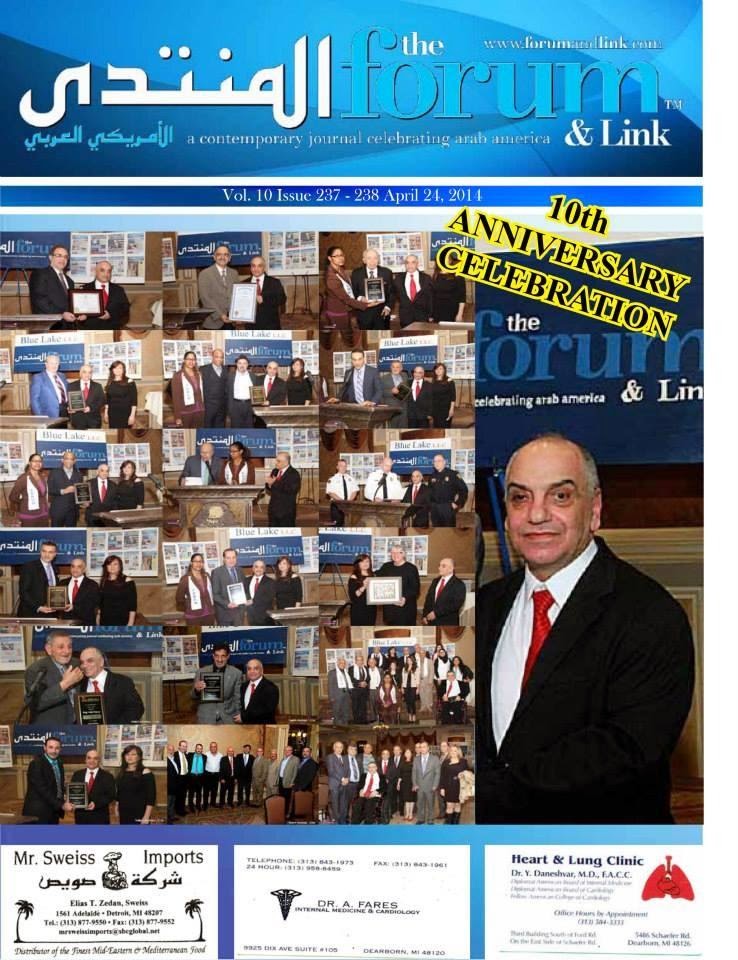The Lebanese Army is Untouchable- Unless it is February 1984

Amin Gemayel, President of Lebanon, 1982-1988 The Lebanese Army is the national army of all Lebanese. Currently the army seems to be engaged in conflict with one segment of the population. In a country like Lebanon, with 18 confessional groups, using the army to confront groups that belong to one confessional group is fraught with dangers- especially when that group’s perceived adversaries enthusiastically support the use of force. The modern history of Lebanon shows that different groups have at times questioned the army’s actions. Prime Minister Saeb Salam one time demanded the resignation of the army commander and when it did not happen, he himself resigned. Below is a refresher course on the army, the use of force and confessional implications and consequences- an excerpt from Rosemary Sayigh’s Too many Enemies: The Palestinian Experience in Lebanon (1994): The February 1984 uprising All through the autumn and winter the Lebanese Army continued intermitten






